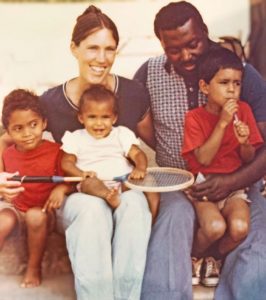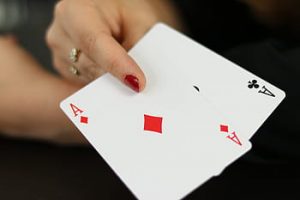And, precisely, why …
… It Ain’t Over, Til It’s Over.
No matter what anybody else might have to say.
And, precisely, why …
… It Ain’t Over, Til It’s Over.
No matter what anybody else might have to say.
If you have never heard of this gentleman before, then …
the details involved with this story:
“What is baseball, ultimately, but competitive commuting?
When Harry Muir stepped out of the night and into the dull half-light of the Fanshawe Falcons bus on a recent Thursday night, limbs and ligaments were weary from a doubleheader. But the memory muscle is forever fresh. Buses, planes, trains, all the same. Pick a seat, park in beside one of your ball-playing brethren and pass the journey.” [more …]
might just put a smile on your face today.
We’re both alive … and, for all I know … that’s what ‘Hope’ is.
– King Henry II of England (Peter O’Toole/The Lion in Winter, 1968)
 Me, they can kill.
Me, they can kill.
You, they own.
– Papillon (Steve McQueen, 1973)
Dammit, Stand Up …
Keep your temper,
Hold your head together, and
Keep going forward.
– John Thompson, Jr. (giving credit to the counsel of Dave Gavitt, during his Basketball Hall Of Fame Acceptance Speech, 1999)
to love we must survive
to survive WE MUST FIGHT
to fight we must love
– Posy Lombard
P.S. It seems as though ESPN, in its wisdom, has chosen to take down the image that was previously posted above. So …

I have chosen to post this new image here, as a replacement.
Hopefully, you will take the time required to read the entire original article which, I believe, is still available here.
If you are looking for some inspiration in your own life, right now, it is well worth it!

The Game of Life: Maria Konnikova on What She’s Learned From Poker
(excerpt)
The language we use becomes our mental habits – and our mental habits determine how we learn, how we grow, what we become. It’s not just a question of semantics: telling bad beat stories matters. Our thinking about luck has real consequences in terms of our emotional wellbeing, our decisions, and the way we implicitly view the world and our role in it. There is no such thing as objective reality. Every time we experience something, we interpret it for ourselves. How we phrase sentences can determine whether we have an internal or external locus of control, whether we are masters of our fates or peons of forces beyond us. Do we see ourselves as victims or victors? A victim: the cards went against me. Things are being done to me, things are happening around me, and I am neither to blame nor in control. A victor: I made the correct decision. Sure, the outcome didn’t go my way, but I thought correctly under pressure. And that’s the skill I can control.